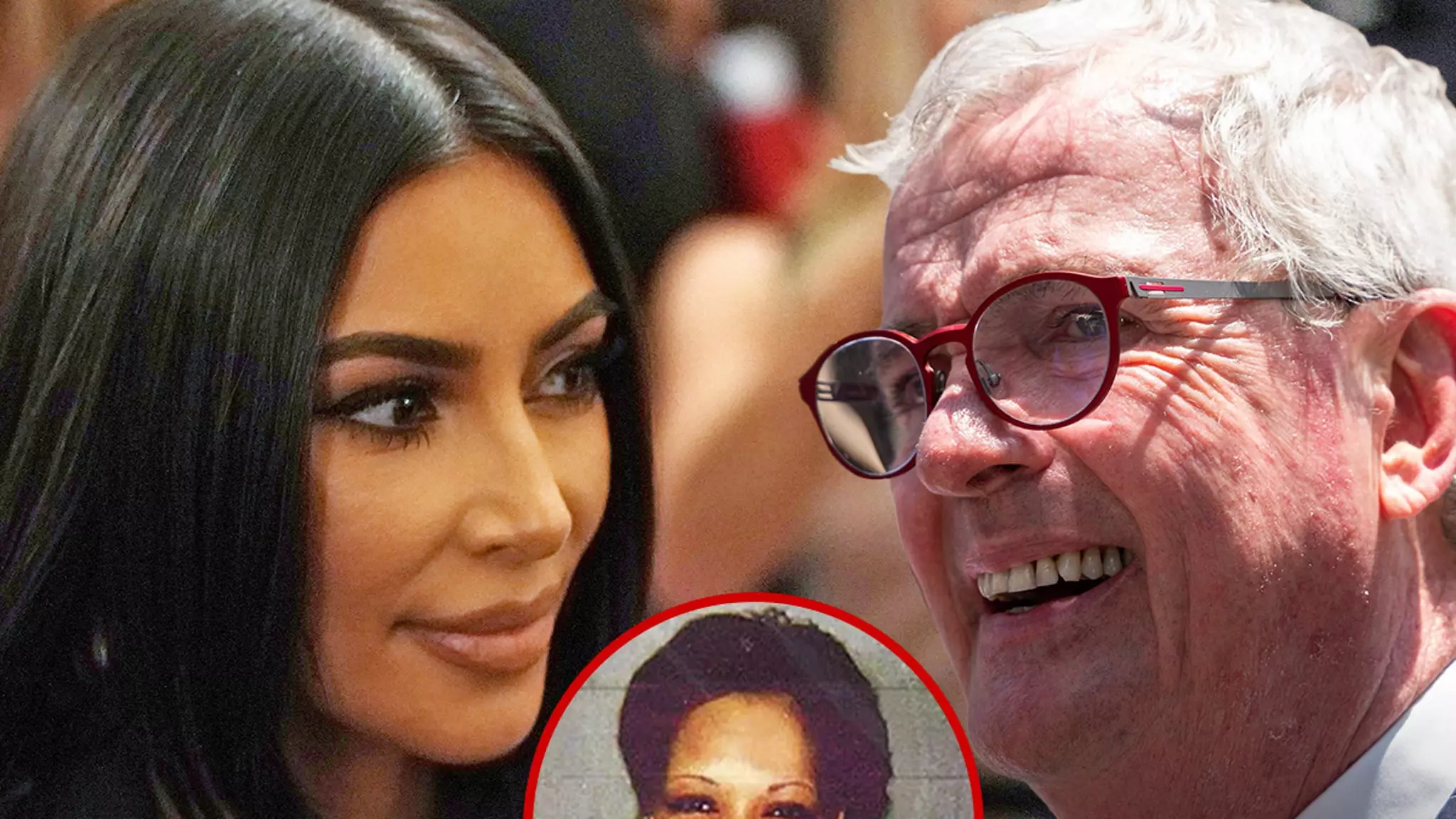In a noteworthy development highlighting the complex interplay between celebrity influence and social justice, Kim Kardashian has garnered significant recognition from New Jersey Governor Phil Murphy for her commitment to advocating for criminal justice reform. This turnaround is best exemplified in the recent decision to commute the sentence of Dawn Jackson, a woman who has spent 25 years behind bars for a crime borne from trauma and survival. Governor Murphy cited Kardashian’s efforts in shedding light on Jackson’s plight as instrumental in reconsidering the severity of her original sentence. This case underlines a transformative shift in how individuals perceive justice and rehabilitation within the American penal system.
Dawn Jackson was convicted in 1999 of fatally stabbing her step-grandfather, a man she claimed had subjected her to years of sexual abuse. Her case raises critical questions about the adequacy of legal defenses available for victims of domestic and sexual violence. Despite the gravity of her situation, Jackson, pressured by her public defender, ultimately pleaded guilty to first-degree murder without being able to present her history of abuse in court. This oversight reflects a significant flaw in the judicial process, where critical mitigating factors go unheard, leading to unjust sentencing outcomes that fail to account for the individual’s background and circumstances.
Governor Murphy’s decision to release Jackson by commuting her 30-year sentence displays a compassionate reevaluation of past rulings, emphasizing that the criminal justice system must evolve to recognize the potential for rehabilitation. In a statement shared on X, Murphy expressed his belief that Jackson had served her time and had taken accountability for her actions, a notion that aligns well with contemporary views on restorative justice.
Kardashian has emerged as a formidable advocate in the campaign against wrongful incarceration, building on her previous efforts in high-profile cases like Alice Marie Johnson’s. By leveraging her platform, she has not only brought attention to individual cases but also initiated broader discussions around systemic issues plaguing the criminal justice system. Her recent engagement with Governor Murphy illustrates how celebrity influence can drive meaningful change, as she helped amplify Jackson’s story, prompting a necessary reassessment of her sentencing.
Kardashian’s repost of the Governor’s message on her Instagram Stories, expressing gratitude for the compassion shown in Jackson’s case, further signifies her commitment to advocacy. “So happy Dawn will be home for the holidays,” she remarked, indicating both the personal and communal impact of such decisions. In a world where justice can often feel transactional and impersonal, Kardashian’s dialogue fosters a sense of humanity and connection that resonates with many.
The impending release of Dawn Jackson serves as a pivotal moment not just for her, but for the broader movement advocating for the rights of incarcerated individuals. Under the conditions of parole supervision until March 2029, Jackson now faces the challenge of reintegrating into society after years of confinement. The support from figures like Kim Kardashian, coupled with judicial reform efforts, offers a glimmer of hope for others similarly situated.
The confluence of Kardashian’s advocacy and Governor Murphy’s decision serves as a reminder that the path to justice is intricate and often requires a collective, compassionate response to individual stories. It highlights the potential for reformation in a judicial system that must evolve to prioritize the complexities of human experience over punitive measures alone.

